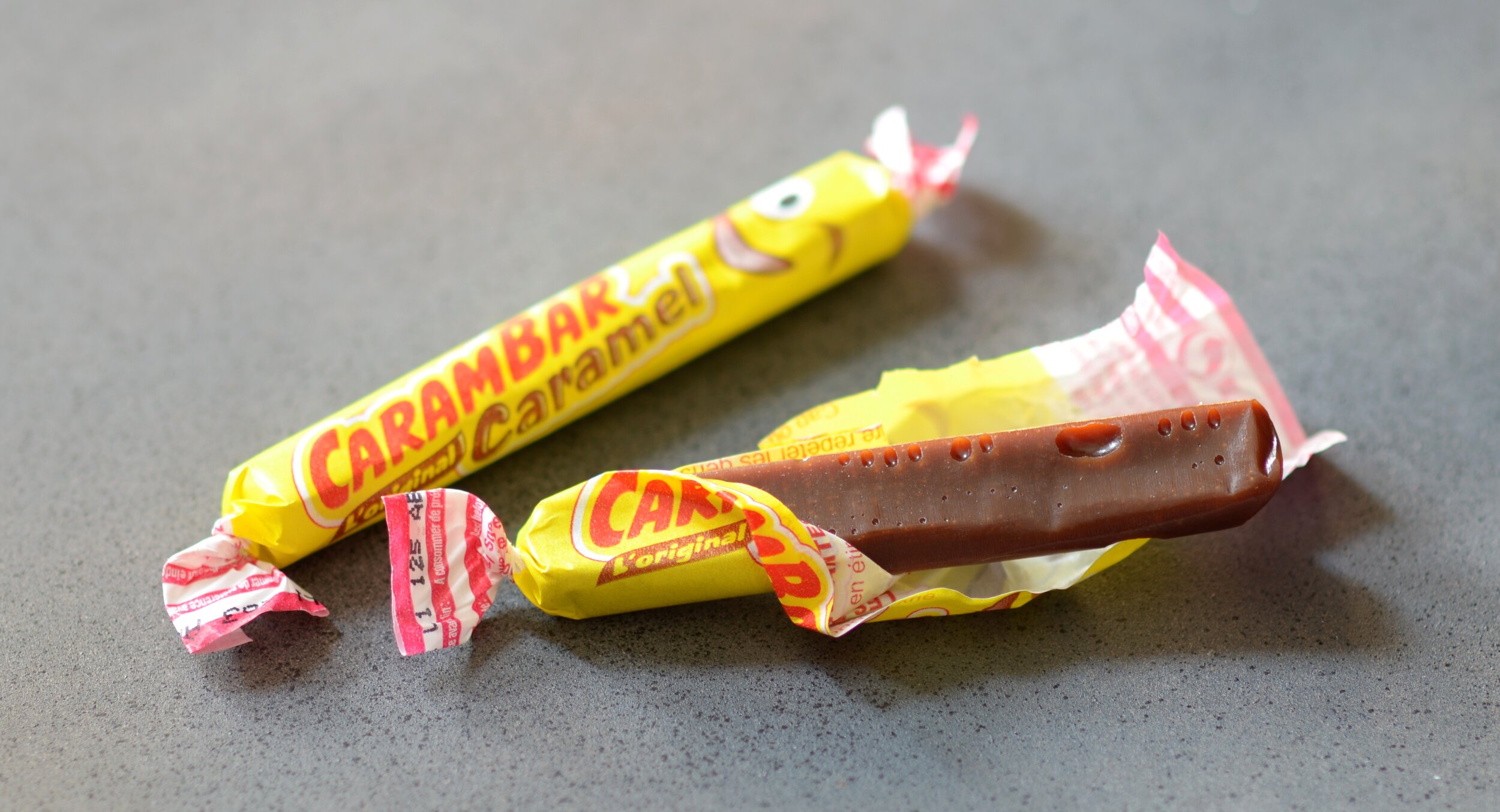La Petite Histoire
If you've ever done a group lesson here at Lingua Franca, you've probably come into contact with La Petite Histoire*. A tale with the very humblest of beginnings, it winds up becoming a rollicking schlockbuster as you move up the levels and your French improves enough to handle the outrageous (some would say impossible) turns of events of the six young friends.
La Petite Histoire is currently only available to our students, however La Préquelle is for everyone’s enjoyment. Below, another instalment of this new series, Chapter 5 (of 6) of the Beginner Revision level.
*The Little Story | *The Prequel
“Tu ne parles pas beaucoup ce soir, ma chérie. Ça va?” a demandé mon mari, Jean-Louis.
”Oui, ça va merci, mon amour. Je suis un peu fatiguée,” j’ai répondu.
“Tu veux un thé à la menthe?”
“Volontiers!” j’ai répondu, surprise. Mon mari ne dit pas ça souvent.
Cinq minutes plus tard, il est entré dans le salon avec deux tasses de thé. “Voilà, Leïla.”
“Merci bien,” j’ai dit.
“Tu es sûre que tu n’es pas triste, ma chérie? Qu’est-ce qu’il y a?”
“Ah, ce n’est rien, Jean-Louis. Je pense à Roger.”
“Je vois,” a dit Jean-Louis et il a commencé à regarder la télévision. Il n’était pas content.
“Jean-Louis, Roger est mon tuteur, c’est tout.”
Il n’a pas répondu.
“Jean-Louis, je suis ta femme! Roger est mon tuteur, c’est tout, et il n’est pas très bon pour être honnête,” j’ai ajouté.“Leïla, ça c’était évident du début. Il est français. Ce n’est pas possible! Tu ne peux pas continuer. C’est cher et il n’est pas bon. Tu dois trouver une autre solution!”
“Tu as raison, mon chéri, je sais. En fait, je pense que j’ai trouvé quelqu’un hier…”
“Un homme ou une femme?” Jean-Louis était difficile parfois.
“C’est une femme australienne, si tu dois savoir. Elle s’appelle Noëlle et elle est très sympathique. Je ne sais pas comment je vais dire à Roger que je ne veux pas continuer, mais je vais appeler Noëlle demain.”
“C’est une très bonne idée, ma chérie. Et pour Roger, il doit savoir qu’il n’est pas bon, donc il ne va pas être surpris, je crois.” Jean-Louis a souri et puis il a dit: “Tu veux aller danser demain soir, Leïla? On peut trouver une babysitter pour les enfants et on peut sortir. Ça te dit?”
“Avec plaisir, mon amour,” j’ai répondu. J’adore danser avec mon mari et ce n’est pas facile de sortir quand on a trois petits enfants, donc j’étais très heureuse.
J’ai regardé mon mari et il était heureux aussi pour la première fois depuis longtemps.
“You’re not speaking much this evening, my darling. Are you okay?” asked my husband, Jean-Louis.
“Yes, I’m fine thanks. I’m a bit tired,” I responded.
“Do you want a mint tea?”
“Yes, please!” I responded, surprised. My husband doesn’t say that very often.
Five minutes later, he came into the living room with two cups of tea. “There you go, Leïla.”
“Thanks a lot,” I said.
“Are you sure you’re not sad, my darling? What’s up?”
“Oh, it’s nothing, Jean-Louis. I’m thinking about Roger.”
“I see,” Jean-Louis said and he started to watch television. He wasn’t happy.
“Jean-Louis, Roger is my tutor, that’s all.”
He didn’t respond.
“Jean-Louis, I’m your wife! Roger is my tutor, that’s all, and he’s not very good to be honest,” I added.
“Leïla, that was obvious from the start. He’s French. It’s not possible! You can’t continue. It’s expensive and he’s not good. You have to find another solution!” “You’re right, my darling, I know. In fact, I think I met someone yesterday…”
“A man or a woman?” Jean-Louis was difficult at times.
“It’s an Australian woman, if you must know. She’s called Noëlle and she is very nice. I don’t know how I’m going to say to Roger that I don’t want to continue, but I am going to call Noëlle tomorrow.”
“That’s a very good idea, my darling. And for Roger, he must know that he’s not good, so he’s not going to be surprised, I think.” Jean-Louis smiled and then he said: “Do you want to go dancing tomorrow night, Leïla? We can find a babysitter pour the children and we can go out. What do you think?”
“With pleasure, my love,” I responded. I love to dance with my husband and it’s not easy to go out when one has three little children, so I was very happy. I looked at my husband and he was happy as well for the first time in a long time.
























































